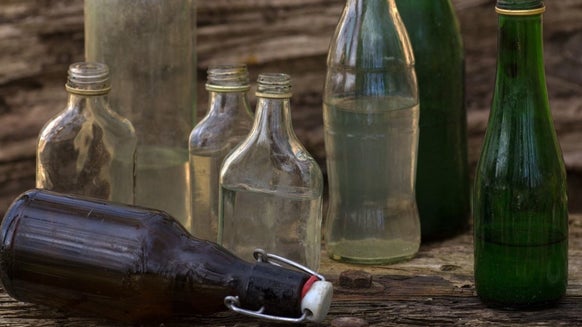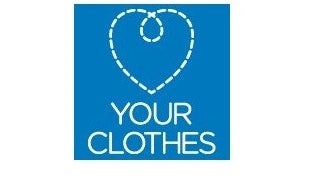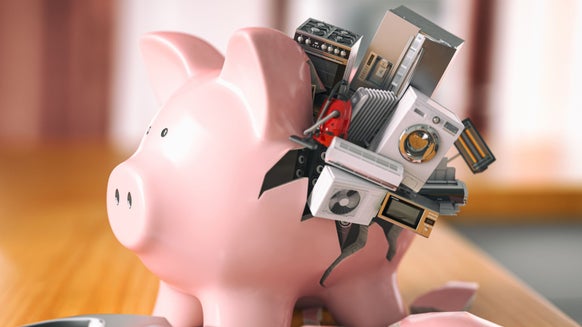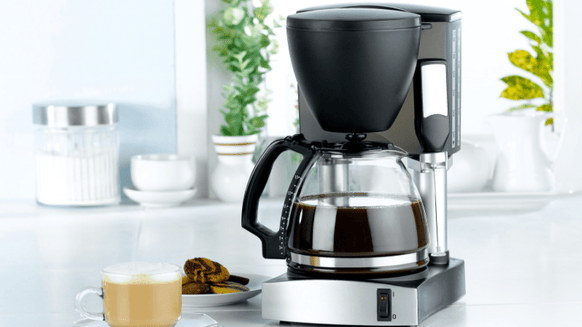5 Recycling Resolutions You Should Start Right Now

As we approach the halfway point of the year, most of us are likely to have forgotten our New Year's resolutions. On average, less than 25% of us will remain committed to our annual goal after thirty days. That means as soon as February 1st arrives the majority of our good intentions disappear.
That said, it doesn’t mean that it has to stay that way until we enter another New Year. It's easy to pick up these zero waste and recycling tips at any given date. Whenever you decide to take the plunge, you’ll be glad that you made a start.

1. Don’t Buy Things, Find Things
Glass Jars What about pasta sauce jars that we regularly throw away while cooking? Peel off the label and wash these out to create containers for all sorts of gadgets. These can be used to hold cosmetic brushes, utensils or dried foods like seeds and rice.
Plastic Bags It’s a bit of an unspoken rule that talking about plastic bags in this type of article is risky. We all know that plastic bags aren’t good for the environment and we should stop using them. But there’s no harm in utilising those leftover plastic bags that you’ve accumulated in your cupboard. Reusing old plastic bags is a good indication that you don't need to run out and buy a trendy tote bag because you've committed to reusing the plastics you already own.
Gift Packaging In reality, we’re not going to stop buying lavishly packaged gifts anytime soon. Come Easter, Christmas or any other commercial holiday our kind motivations to spoil our friends and family often outweigh our problems with packaging waste. However, if you end up receiving excess packaging, get creative with it. If something comes in a tin, a sturdy box or a hamper, why not use it as a storage solution in the home.
What’s the golden rule? Don’t get swept up by the trend to buy excessive eco-containers and be worried about your bank balance.
2. Reduce Your Food Waste

If you’re going to implement anything from this list, it should be a reduction in your food waste as this is the pinnacle of many global problems.
Stop Buying Single Servings. At first, this sounds like contradictory advice. In practice, buying in bulk will help you to save money and aid you in portion control. Single servings have excess packaging, they often host unrealistic portion sizes (leading to food waste) and they mean that the food supply cycle is sped up by people buying individual items more frequently. If you need to stock up on pasta, rice or other food items which don’t perish fast, buy it in bulk.
Establish a Long-Term Mindset. Planning will help you in all aspects of your life, financially, emotionally — and in establishing zero waste goals. Food waste is often a result of poor planning. For example, a family might do their weekly shop, only to be tempted to buy a takeaway at the weekend. Their shop bought food goes out of date and so to waste. If you’re going to dine out, that’s fine but plan accordingly for these occasions.
3. Sort out a Recycling System

Depending on where you live, the readiness to recycle can vary greatly. You can find out more details about your council’s regulations when it comes to recycling by typing in your postcode on the Recycling Collections page of the GOV website.
Compost Bin. Many waste free advocates create a compost bin to turn waste into nutrient-rich plant food. There’s no excuse not to follow their lead when there are so many helpful guides online including a walkthrough of The Easiest DIY Compost Bin Ever.
Find Charities. What seems like trash to you is treasure to another person. Instead of throwing your unwanted things into the garbage take the time to find charities that will help to rehome your items. This tactic is especially useful for clothing items, children’s toys and books.
Find Recycling Facilities. Just because your council system might not be up to scratch, it doesn’t mean that there won’t be anywhere available in your district to deposit categories of waste. Use the Recycle Now website to locate your nearest facilities.
4. Peruse Preloved Items First
5. Support Sustainable Brands
Don’t give up on your favourite brands, but buy from specialist lines that align with your morals. For example, browse H&M’s conscious collection before you browse the alternative fast-fashion products from the brand.
Adam Middleton became the Business Development Manager for Takeaway Packaging after a varied career in PR, shipping and marketing within the packing industry. With a Bachelor’s degree in Human Geography and a Masters in International Marketing, Adam has a keen interest in the environmental impact of consumerism.








